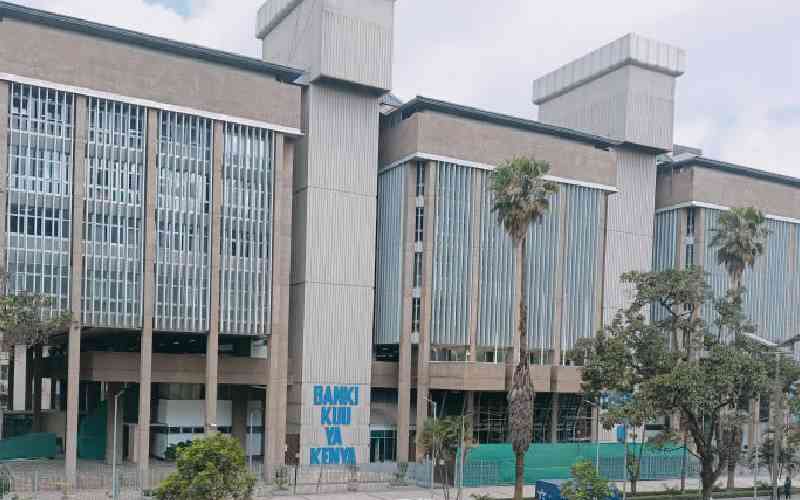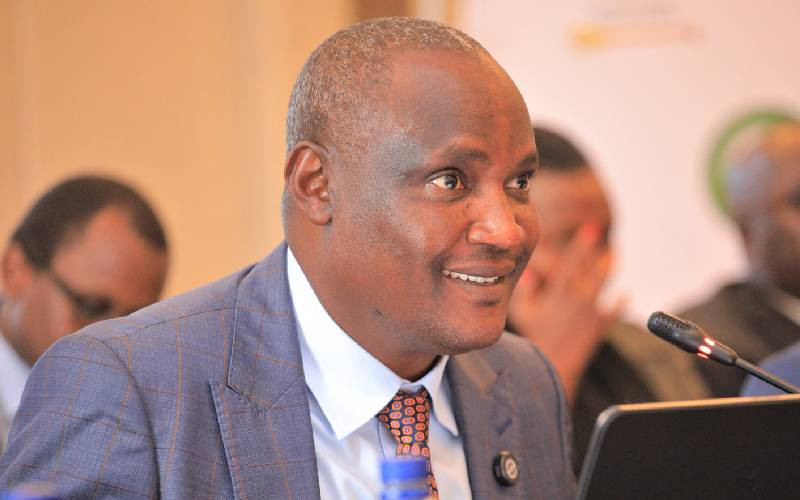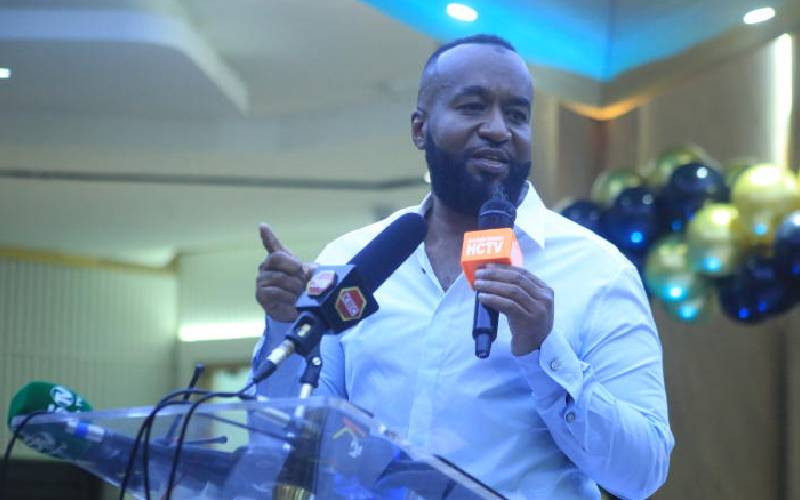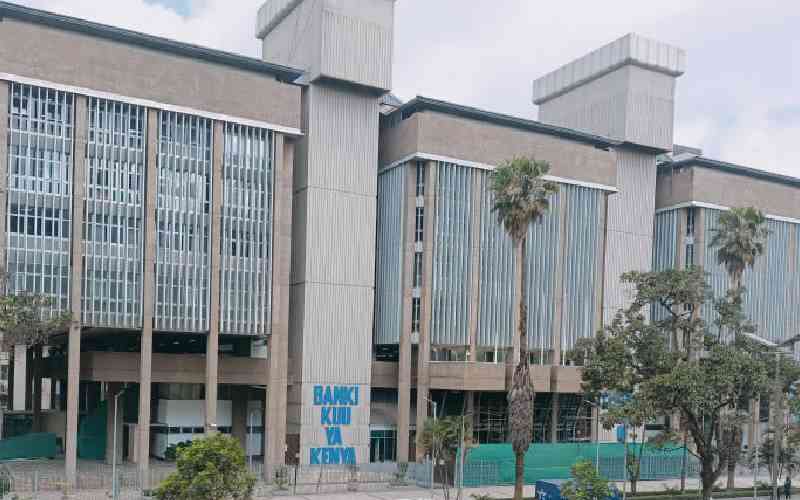×
The Standard e-Paper
Smart Minds Choose Us
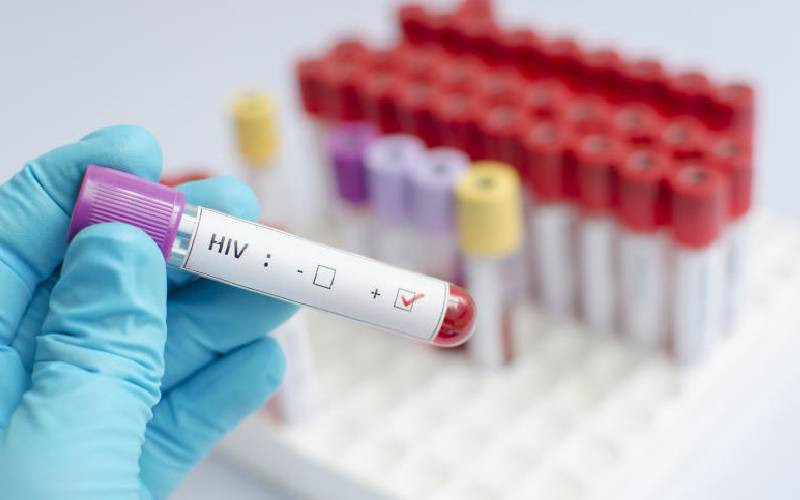
Medical experts have raised concern over the government's intention to procure contested three-test algorithm HIV test kits.
This comes as a court heard yesterday that there is a likelihood of the Ministry of Health officials rushing to conclude the procurement process despite concerns about the effectiveness and the cost of the kits.

